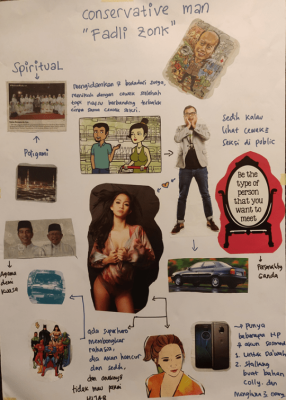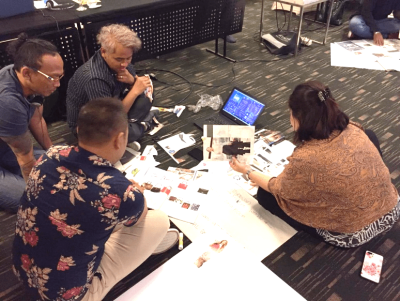Own The Debate: Message Framing Strategies for NGOs

In order to change attitudes, you have to reframe the debate on your terms and resonate with the basic values and psychology of your target audience. This is the basic idea behind Glocalities research support for non-profits organizations worldwide.
Glocalities provides non-profit organizations access to strategic insights into the issues they try to promote and the target audiences they want to reach. Based on our extensive data we map the values and psychology that explain people’s attitudes and behaviors on specific charity domains (such as climate change, sexual rights or protection of refugees). Our experienced researchers help NGOs to translate these findings into operational campaign actions to mobilize support or convince swayable audiences on your issues.
We developed a values segmentation model to help NGOs gain a better understanding of cultural differences between countries, but also to differentiate between different values clusters in society and how to connect with them. By letting NGOs map their own values and compare them with their target audiences they gain insights in both how to best project their own values, but also how to connect with people outside their own values bubble.
GLOCALITIES METHOD
- Identifying and quantifying target audiences: based on social/political attitudes, charity actions, donation behavior, socio-demographics, etc.
- Analyzing and understanding target audiences: in-depth insights into their values, lifestyle, psychology, life goals, media behavior, etc.
- Advice on targeting and message framing strategies
- Workshops with communications specialists and local activist to translate data into actionable insights
INDONESIA PROJECT ON HEALTH AND EDUCATION:
HOW TO TALK ABOUT SEX WITHOUT TALKING ABOUT SEX?
HOW TO TALK ABOUT SEX WITHOUT TALKING ABOUT SEX?
Glocalities partnered with a large NGO in Indonesia whose goal is HIV-related harm reduction. How is the research relevant for NGOs in the field of Health and Education for example? A quick dive into our data:
-
Indonesia is a very social conservative society, with 88% believing the father should be the head of the household, 77% believe that children should always obey their parents, 77% finds that unmarried couples should not be able to live together.
-
As a result, attitudes towards sexuality are very conservative especially related to sex before marriage, same-sex relations and use of contraceptives. However, a majority supports sexuality and relationship education in schools (although there is some strong opposition to that as well). The challenge: how to make sure students are made aware of Sexual Transmittable deceases on schools without invoking the ‘sexualization of our kids’ debate frame?
-
Important insight: the values segment of Creatives (Open-minded idealists who value personal development and culture) only represents 5% of the population, however, this values perspective was dominant both among the local NGO staff and activists as well as the international donor partner. Strategic objective: how to connect with people outside this values bubble?
-
During a strategic workshop, Glocalities researchers together with NGO leaders and activists developed new approaches to promote HIV harm reduction in schools by stepping into the shoes of schoolmasters and parents (30-50 higher educated Muslims). Some of the take-aways include message framing and focusing on: health, protection of children, happy family life, parental responsibility, majority support of this issue (social proof strategy).


Moodboard exercise to visualize target audiences during Glocalities workshop.


